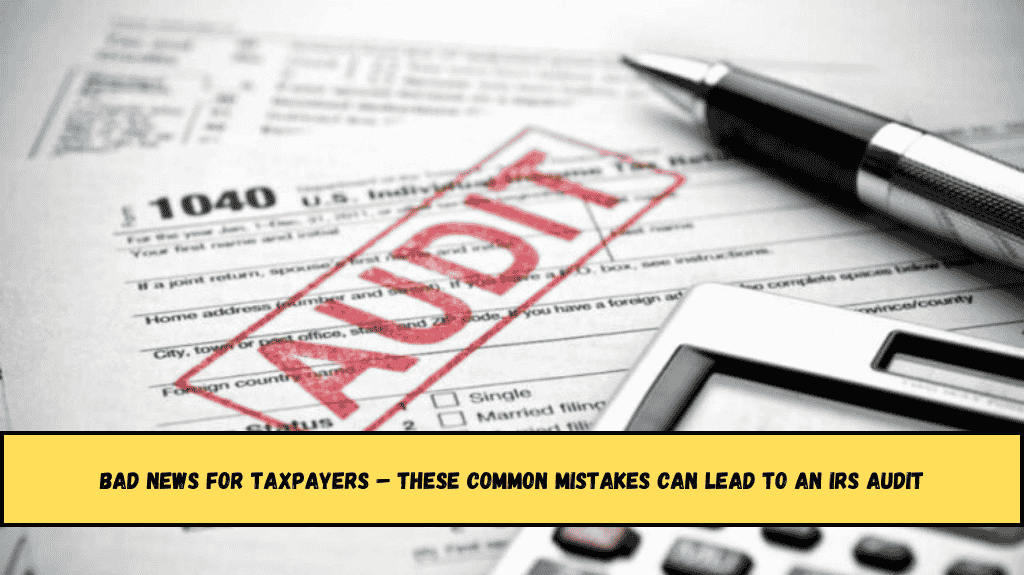Taxes are something we all hate, but we do want clean streets, security guards, and pensions when we get old. Many people think that since the DOGE cut back on the Internal Revenue Service (IRS) staff, no one will ask to see your tax return, but the truth is that it is still carefully looked over to make sure there are no mistakes or people trying to get away with something.
Any mistake, no matter how small, can set off alarms at the IRS. They might ask for an audit, which could not go well for you. It does not matter if you are a millionaire or run a business. So, let us talk about what the IRS looks at and how to stay out of their sights.
Does fewer IRS employees mean fewer audits?
In the past few months, there has been a lot of talk about how the DOGE, led by Musk, cut a lot of staff at the IRS. Not only that, but a lot of people thought that since there are fewer workers, there would also be fewer audits.
Not at all. Not a single sign suggests that the IRS employees who are already there will do fewer audits. The goal is to be open and honest, so all tax returns, no matter how much money the taxpayer makes, will be looked over using the same methods.
What is an audit and how does it work?
The IRS does audits to make sure that the information people give them when they file their taxes is correct, well-documented, and most importantly, legal. Be careful—being audited does not mean you did something wrong, but it does mean they will look closely at your information. To avoid extra taxes or fines, it is best to do everything right from the start.

How does the IRS select a return for auditing?
The selection of tax returns is not random. The IRS follows three main methods:
- Review through the DIF system: every return goes through a computer analysis. The system assigns two scores: the DIF (Discriminant Function System) and the UIDIF (Unreported Income DIF). Returns with high scores are usually those with inconsistent or unbelievable data and are flagged for further review.
- Returns related to a taxpayer: when a return presents some inconsistencies, the IRS can decide to audit another related taxpayer to obtain more data. For example, if someone reports receiving a gift, the IRS may check the return of the person who gave it to see if it matches or if it was recorded as a business expense.
- Anonymous informants: the IRS can also act on reports, because any citizen can report suspicious activities, such as tax evasion or fraud. If the IRS considers it valid, they can audit that person or business. And the most curious part: informants receive a portion of the recovered money if the fraud is confirmed!!
What are the most common mistakes that trigger audits?
I forgot to include extra money I make, like from tips, freelance work, or digital platforms. To make things even shadier, the IRS checks information from both employers and banks.
- Disproportionate deductions: if your deductions are too high for your income level, the system may flag your return as strange.
- Personal expenses disguised as business expenses: as you may know, self-employed individuals are a group that is constantly under surveillance. Many take advantage of expenses that appear personal but are declared as business-related (meals, clothing, travel…)
What to do if the IRS audits you?
Don’t panic, it doesn’t have to be bad. If your return is selected, the IRS will notify you officially. It is essential to:
- Keep all receipts and documentation.
- Answer honestly and transparently.
- Seek accounting advice if you consider it necessary to guide you correctly.
Do not let rumors get you down. When you file your return, be as honest as you can. Carefully look over each item you list and explain everything. That way, you will not get too scared!


















Leave a Reply